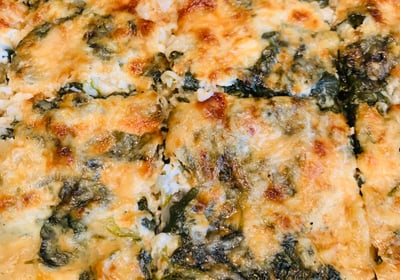Kitchen Essentials
Understanding the various utensils, tools, small appliances, and equipment at your disposal will greatly enhance your culinary efficiency and creativity. A well-equipped kitchen enables you to approach cooking with confidence and ease. Maintaining organization within this space is equally crucial, as it allows for a smoother cooking process and reduces stress when preparing meals. By familiarizing yourself with the necessary items and their functionalities, you can streamline your cooking adventures and enjoy the experience of creating delicious dishes. Ultimately, a little knowledge about kitchen essentials can lead to a more enjoyable and productive time spent in this vital area of your home.
Kitchen Skills
What tools do you need? What are the basics in cooking techniques.
Kitchen Essentials
Learn how to shop smartly for groceries while maximizing flavor and minimizing waste in meals.
A well-equipped kitchen is essential for any home cook, and having the right tools can make all the difference.
Sharp knives, which are crucial for efficient food preparation.
A sturdy cutting board
Invest in a good non-stick skillet, and a versatile saucepan, Colander (strainer)
Measuring cups/spoons; wooden spoon
Mixing bowls, baking sheets
Utensils like spatulas, whisks, and tongs.
Serving dishes and silverware
Stock your pantry with basic staples:
Flour
Sugar
Rice (Jasmine)
Dry Beans (of choice)
Oil (Vegetable or Olive)
Salt/Pepper
Spices...Basil, Italian Spice, Chili Spice, Rosemary, Oregano, Parlsy, Cinnamon
These are bare minimum of necessities . . .


Cooking Basics
To navigate a kitchen with confidence, basic knowledge and skills are crucial.
Understanding food safety is crucial; always wash your hands and keep raw and cooked foods separate to prevent contamination.
Learn basic cooking techniques: boiling, simmer, sautéing, baking
Cooking terminology: chop, slice, dice, blend and whisk will help when reading recipes.
Remember, cooking is another expression of art that. Practice improves with experience, so don't be afraid to experiment and make mistakes along the way! You'll learn what 'not' to do the next time.
Stretching meals without sacrificing taste and nutrition is both an art and a science.
Bulk up meals: Add spinach, carrots, or bell peppers. . . not only enhances nutritional value, but also contributes vibrant flavors and colors; lean proteins, such as beans or lentils, can be used to extend portions while maintaining quality.
Seasonings: Using herbs, spices, or healthy sauces can elevate the taste
Lastly, planning meals in advance can help in portion control and ensuring a balanced diet, making it easier to enjoy satisfying, nutrient-rich meals that are both delicious and economical.
Look for recipes that feeds many like soups, pasta, rice, pizza and potatoes
Master the art of grocery shopping
Meal Stretching Tips




